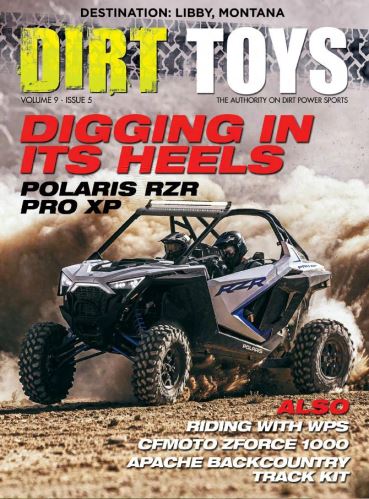Hartford, CT - Connecticut environmental conservation groups
are urging Gov. Dannel P. Malloy to veto a bill that was changed in the final
hours of the legislative session, which they say could possibly allow
all-terrain vehicles on state-owned lands.
The bill originally was supposed to increase penalties for
unlawful use of ATVs and dirt bikes on public streets. It was amended June 5,
the final night of the session, to instead require the Department of Energy and
Environmental Protection (DEEP) to carry out an ATV policy for state lands that
the agency adopted in 2002 but never implemented.
"The policy has become obsolete and could easily lead to
habitat damage on important conservation lands," warned the Connecticut Audubon
Society in a recent email sent to about 9,000 people, mostly members, asking
them to contact the governor about vetoing the bill.
That old, 27-page policy allows groups representing ATV
enthusiasts to submit proposals for access on state-managed lands or elsewhere
"that would be compatible with natural resource protection and use of a site by
others." While the document focuses on potential ATV use on state-managed
property, the ATV groups were encouraged to also consider and review other
state-owned properties that may be conducive for the vehicles. The report
mentions quarries, former military properties, and abandoned sand and gravel
pits.
So far, however, no formal plans have been submitted to DEEP
over the years that would meet the standards, which cover such topics as
suitable places for parking and protecting areas considered environmentally or
historically sensitive. Until that policy becomes effective, it is illegal to
operate an ATV on state land.
Other issues, such as how to pay for ATV trails or what
certification requirements are needed for ATV users, have not been settled by
the legislature over the years. A separate bill this year that would have
created an account to ultimately purchase land for ATV use died during the
session.
Eric Hammerling, executive director of the Connecticut Forest
and Park Association, said his organization and other conservation groups were
surprised to see the final version of the ATV bill on the last night of this
year's legislative session. Besides resurrecting the 2002 state policy, it also
included language addressing the state certification of vehicles transporting
household goods. The amendment was sponsored by a bipartisan group of six
senators and two Republican members of the House of Representatives.
Missing from the final version of the bill were the earlier
penalties for illegal ATV and dirt bike use on public streets. Those were
ultimately included in a separate bill that passed and is awaiting Malloy's
signature.
"You always like to have the opportunity for a public
hearing, maybe even a substantive floor debate, but there was no opportunity
for that at all," he said.
The revised legislation would take effect on July 1, 2014,
should Malloy sign it into law. Andrew Doba, the governor's communications
director, said the governor's office is still reviewing the bill and will make
a decision whether to sign it shortly.
Tom Andersen, director of communications and community
outreach for the Connecticut Audubon Society, said the old 2002 ATV policy is
probably obsolete after 11 years. He also said the state is under serious
budget and manpower constraints and would have a difficult time carrying it
out.
He suggested the agency instead review and revise the policy
and study what kinds of lands might be appropriate for ATV use.

